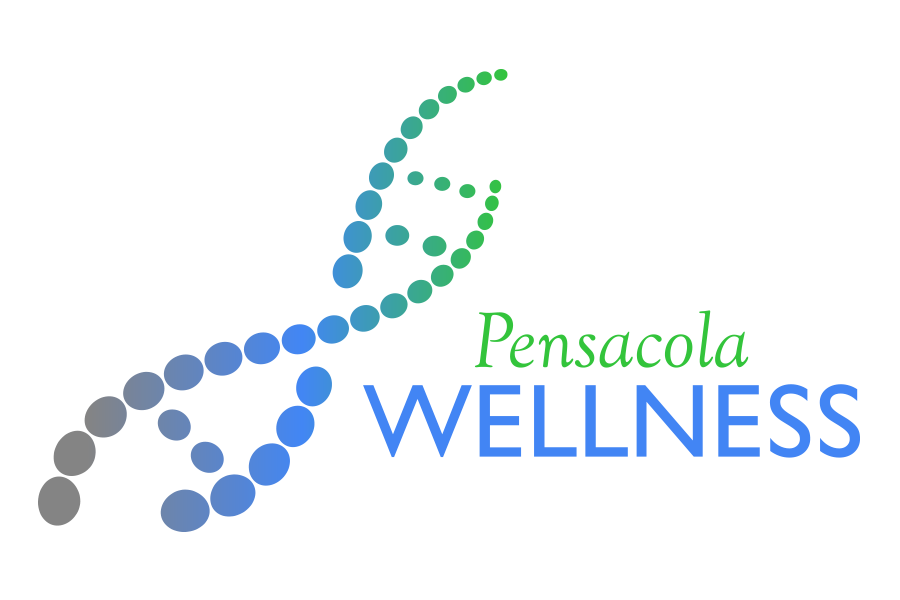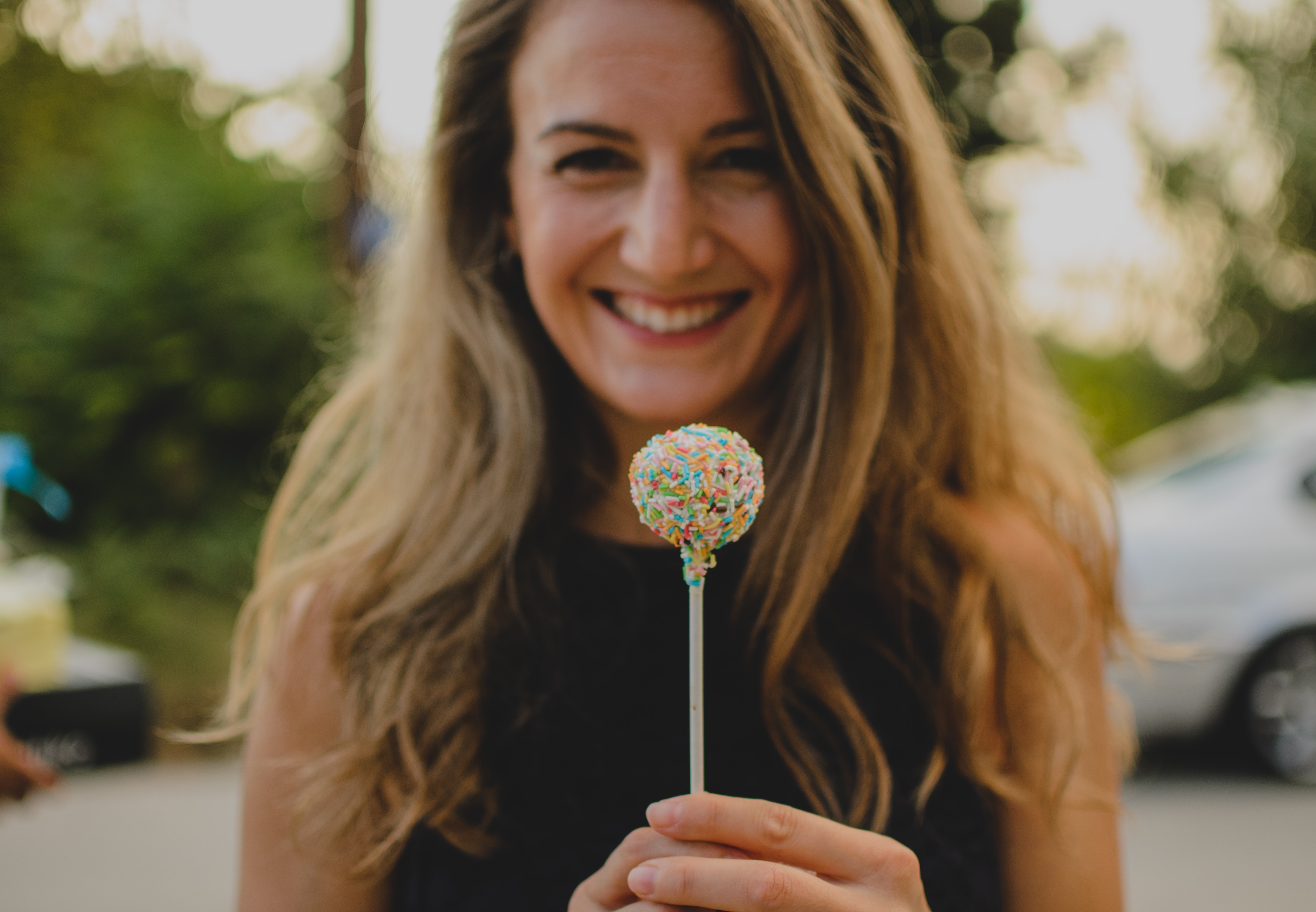
Everyone knows that eating right is important to overall health. But, did you know that anxiety symptoms can be triggered by certain foods we eat? Studies show that some foods boost mood while others worsen stress and anxiety.
According to the National Institute of Mental Health, anxiety disorders are the most common mental illness in the United States, impacting an estimated 40 million people. Anxiety is a sign or symptom of stress. Quite often it is the persistent interruptions, hassles, and struggles you face each day that cause anxiety, not the major catastrophes. When you are anxious for days or weeks, it is called chronic anxiety. The problem with chronic anxiety is that it can lead to health problems over the long term.
According to the Mayo Clinic, your diet cannot cure anxiety. But there are foods that help with anxiety and have a calming effect in the body, while other foods cause anxiety after eating. Read on to learn about foods that can trigger anxiety and suggestions for what to eat instead. Adequate rest and regular exercise can counteract anxiety, too. And mounting evidence is showing how CBD oil can reduce symptoms of anxiety with few or no side effects.
Alcohol can cause low mood That beverage you reach for to help with your social anxiety is likely making it worse. Alcohol affects the body and nervous system and can cause hypersensitivity, increased heart rate, lowered blood sugar levels and acute dehydration. Alcohol alters serotonin levels and the neurotransmitters in the brain, making anxiety worse. And when it wears off, you may feel even more anxious.
Candy and sweets may cause anxiety after eating Avoiding sugar these days can be tricky. It seems sugar hides in everything. Studies have shown that although sugar does not cause anxiety, it does create changes in your body that can exacerbate anxiety symptoms and impairs the body’s ability to effectively cope with stress.
Coffee and caffeinated drinks can lead to stress and anxiety Coffee does have some positive health benefits, such as antioxidants, as well as having a positive impact on health conditions like diabetes. But the caffeine in your coffee could be a problem if you’re trying to control stress and anxiety symptoms. Caffeine can make you jittery, contributing to your anxiety. Other foods and drinks that have caffeine include tea, chocolate, energy bars and drinks and soda.
Skip hot dogs and processed foods Fast food contains sugar, fats and empty calories, and undergoes a lot of processing including chemical dyes and adding MSG. It is known as a perfect storm that can wreak havoc on both your mental and physical health. When you eat out, it’s best to choose places that serve healthy, whole foods.
So, what should you eat? Everydayhealth.com has several ideas for foods that can help reduce stress and anxiety symptoms. These include:
CBD Oil for Anxiety Keeping anxiety symptoms in check can be an everyday struggle and changing your diet might help. Getting enough sleep and maintaining a regular exercise routine can also make a difference. And, although research is still in its infancy, there is mounting evidence to suggest that cannabidiol oil (CBD oil) can provide some people relief from anxiety. According to Medical News Today, a 2010 study found that cannabidiol could reduce symptoms of social anxiety in people with social anxiety disorder (SAD). Brain scans of participants revealed changes in blood flow to the regions of the brain linked to feelings of anxiety. Cannabidiol not only made participants feel better but also changed the way their brains responded to anxiety.
A 2011 study also found that cannabidiol could reduce social anxiety. For that study, researchers looked specifically at cannabidiol to treat anxiety associated with public speaking. Research published in 2014 found that CBD oil had anti-anxiety and antidepressant effects in an animal model. And a 2015 analysis of previous studies concluded that CBD oil is a promising treatment for numerous forms of anxiety, including social anxiety disorder, panic disorder, obsessive-compulsive disorder, generalized anxiety disorder and post-traumatic stress disorder.
The role of cannabidiol as a treatment for anxiety disorders continues to be studied. For people with anxiety who have gotten no relief from other treatments, however, CBD oil offers a potential alternative solution. If you are considering CBD oil for anxiety, speak to Pensacola Wellness to learn more and determine the right treatment for you. Click the link or call us at (850) 791-6010.
According to the National Institute of Mental Health, anxiety disorders are the most common mental illness in the United States, impacting an estimated 40 million people. Anxiety is a sign or symptom of stress. Quite often it is the persistent interruptions, hassles, and struggles you face each day that cause anxiety, not the major catastrophes. When you are anxious for days or weeks, it is called chronic anxiety. The problem with chronic anxiety is that it can lead to health problems over the long term.
According to the Mayo Clinic, your diet cannot cure anxiety. But there are foods that help with anxiety and have a calming effect in the body, while other foods cause anxiety after eating. Read on to learn about foods that can trigger anxiety and suggestions for what to eat instead. Adequate rest and regular exercise can counteract anxiety, too. And mounting evidence is showing how CBD oil can reduce symptoms of anxiety with few or no side effects.
Alcohol can cause low mood That beverage you reach for to help with your social anxiety is likely making it worse. Alcohol affects the body and nervous system and can cause hypersensitivity, increased heart rate, lowered blood sugar levels and acute dehydration. Alcohol alters serotonin levels and the neurotransmitters in the brain, making anxiety worse. And when it wears off, you may feel even more anxious.
Candy and sweets may cause anxiety after eating Avoiding sugar these days can be tricky. It seems sugar hides in everything. Studies have shown that although sugar does not cause anxiety, it does create changes in your body that can exacerbate anxiety symptoms and impairs the body’s ability to effectively cope with stress.
Coffee and caffeinated drinks can lead to stress and anxiety Coffee does have some positive health benefits, such as antioxidants, as well as having a positive impact on health conditions like diabetes. But the caffeine in your coffee could be a problem if you’re trying to control stress and anxiety symptoms. Caffeine can make you jittery, contributing to your anxiety. Other foods and drinks that have caffeine include tea, chocolate, energy bars and drinks and soda.
Skip hot dogs and processed foods Fast food contains sugar, fats and empty calories, and undergoes a lot of processing including chemical dyes and adding MSG. It is known as a perfect storm that can wreak havoc on both your mental and physical health. When you eat out, it’s best to choose places that serve healthy, whole foods.
So, what should you eat? Everydayhealth.com has several ideas for foods that can help reduce stress and anxiety symptoms. These include:
- Turkey contains tryptophan, which is related to serotonin, one of the “feel-good” chemicals.
- Beef and foods rich in Vitamin B such as eggs, pork and chicken. A deficiency in B vitamins can trigger depression in some people.
- Complex carbs increase serotonin in the brain. Go for whole grains.
- Omega-3-Rich foods such as salmon, tuna, lake trout, mackerel, can enhance your mood.
- Greek yogurt and high protein foods stimulate production of neurotransmitters that have been shown to improve alertness, mental energy, and reaction time.
CBD Oil for Anxiety Keeping anxiety symptoms in check can be an everyday struggle and changing your diet might help. Getting enough sleep and maintaining a regular exercise routine can also make a difference. And, although research is still in its infancy, there is mounting evidence to suggest that cannabidiol oil (CBD oil) can provide some people relief from anxiety. According to Medical News Today, a 2010 study found that cannabidiol could reduce symptoms of social anxiety in people with social anxiety disorder (SAD). Brain scans of participants revealed changes in blood flow to the regions of the brain linked to feelings of anxiety. Cannabidiol not only made participants feel better but also changed the way their brains responded to anxiety.
A 2011 study also found that cannabidiol could reduce social anxiety. For that study, researchers looked specifically at cannabidiol to treat anxiety associated with public speaking. Research published in 2014 found that CBD oil had anti-anxiety and antidepressant effects in an animal model. And a 2015 analysis of previous studies concluded that CBD oil is a promising treatment for numerous forms of anxiety, including social anxiety disorder, panic disorder, obsessive-compulsive disorder, generalized anxiety disorder and post-traumatic stress disorder.
The role of cannabidiol as a treatment for anxiety disorders continues to be studied. For people with anxiety who have gotten no relief from other treatments, however, CBD oil offers a potential alternative solution. If you are considering CBD oil for anxiety, speak to Pensacola Wellness to learn more and determine the right treatment for you. Click the link or call us at (850) 791-6010.


Leave a Comment